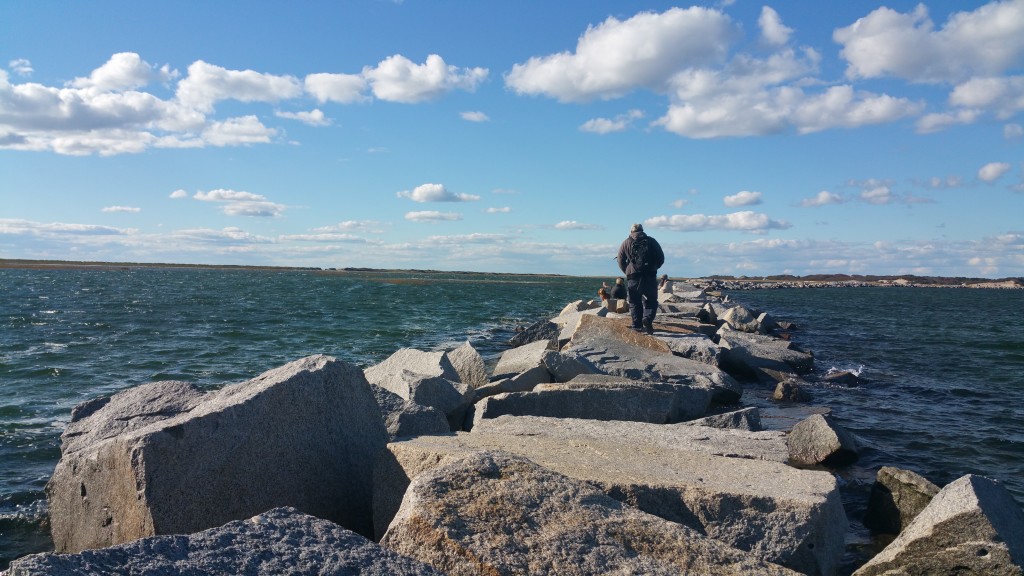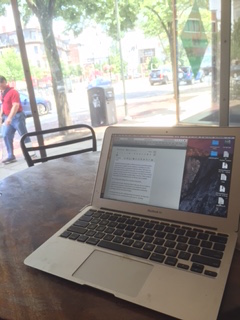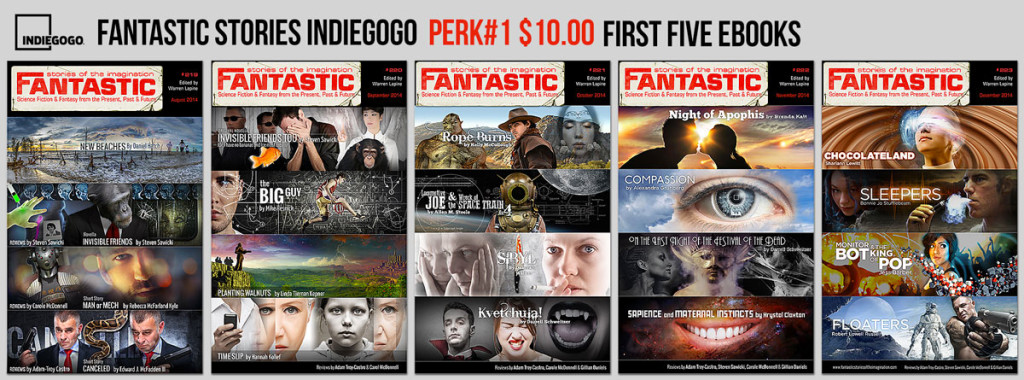So, there’s a thing we all know about now, or most of us do, about how people we might think of as successful, people with real credentials, feel like frauds. Imposters. This feeling gets in the way of getting work done, saps at the creative person’s energy, makes them skittish, distant, weird, off-putting, difficult… any or all of these things.
It’s worse for women than men, as the world frequently conspires to reinforce the syndrome when women display it; but it’s bad for everyone.
According to Wikipedia, about 70% of the population suffers from this feeling at some time in their life.
Also from Wikipedia:
People who suffer from impostor syndrome tend to reflect and dwell upon extreme failure, mistakes and negative feedback from others. If not addressed, impostor syndrome can limit exploration and the courage to delve into new experiences, in fear of exposing failure. [14][19]
A number of management options are available to ease impostor syndrome. The most prominent is to discuss the topic with other individuals early on in the career path. [14] [20] Mentors can discuss experiences, where impostor syndrome was prevalent. [14][16] Most people who experience impostor syndrome are unaware that others feel inadequate as well. Once the situation is addressed, victims no longer feel alone in their negative experience. It is also noted, that reflecting upon impostor feelings is key to overcoming this burden. [21] Making a list of accomplishments, positive feedback and success stories will also aid to manage impostor syndrome. [20] Finally, developing a strong support system, who provides feedback on performance and has discussions about imposter syndrome on a regular basis is imperative for those experiencing impostorship.
It’s not really definable as a distinct mental illness, with a diagnostic category and treatment options, thank God, it’s just one of those terrible things we have to deal with, like grief, and loss and sadness.
Except, Imposter syndrome accompanies the good things in life; the promotions; the publications; the awards.
I had a fantasy, when I started writing. In the daydream, I track down a famous Real Writer, who I had emailed a short story, and I ask her, am I any good? Will I ever be a real writer?
She says, “No. You won’t.”
I say, “Why? What is it in my story that tells you I’ll never succeed?”
She says, “I didn’t read your story. I’m not an editor. It’s this question that’s the problem. You don’t believe in yourself, or your work. So. It’s very unlikely you’ll ever see this through. I’m sorry. But you asked. I won’t lie to you.”
This makes me furious. I’m struck dumb. I now hate the famous writer!
I spend years trying to prove her wrong. I do. I am published and win awards and I see her at a convention, where I catch her eye and get her alone in a hallway and she says.
“You’re welcome.”
I wrote for six years, seeking the validation of a handful of editors, who didn’t give it to me. I quit without really ever intending to, sucked into good-paying work, and found myself giving it another go, twenty years later, ten years after that work evaporated.
In 2012, at age 50, I got my validation. Asimovs. F&SF. Interzone. Galaxies Edge. Fantastic Stories. A novella anthologized in the years best.
And inside, I still feel, when I write, exactly the same. Either I’m lost in the story, happy and absent, no-mind, or, I’m looking at the damn thing thinking, Dear God I’m mediocre. Why don’t I stop doing this and give foot rubs to homeless people?
But now and then, when I’m rewriting something that a highly respected editor says they might publish, particularly, I get this feeling, this glimpse, of just accepting myself, the writer I am, and getting on with telling whatever stories are mine to tell. Getting over myself, beyond myself, and Just Doing It.
In summary; if you feel like you’ll never get there, keep at it and you probably will. It might take twenty years. Who cares. What else are you going to do with your life?
If you get there, a little bit there, and you feel like you haven’t gotten there, know that, we all feel that; most of us do. It’s normal. Maybe it gets better. But if you could do the thing with zero success for a long time, you can keep at it, as an imposter, can’t you? You’re no worse off really.
And if you have succeeded, and can do the thing you do confident in your abilities… please email me and tell me how you did it.
My best case scenario now is a kind of blissful dis-engagement with expectation. I’d love to just think I was actually doing this thing.
That I’m doing.
According to some.
TODAYS ACCOMPLISHMENT: Rewrote 1700 word story for F&SF; it’s now 2200 words; netted 500 words by writing 1000.







